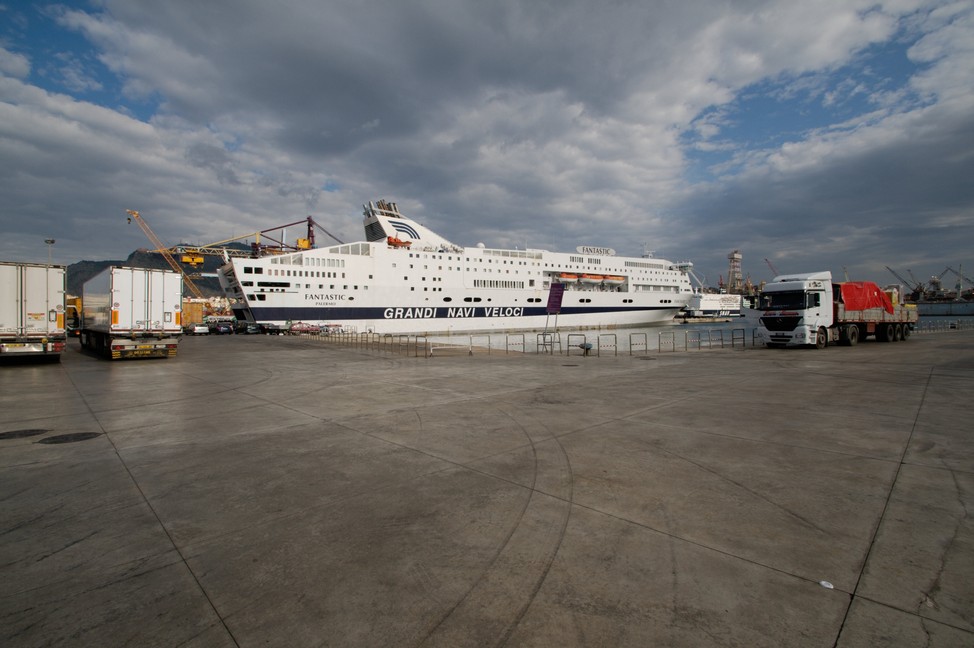In 2009 our overlanding Africa started in Sicily where we took the car ferry to Tunesia. We planned to travel to Cap Town within 4 month, but everything turned out differently and our journey lasted for almost 8 years. Read on how it happened.

Our Overlanding Africa Countries:
The first trip from 2009 to 2011
Tunisia, Libya, Egypt, Sudan, Ethiopia, Kenya, Uganda, Tanzania, Malawi, Zambia, Namibia, South Africa
The Second Circuit:
South Africa, Botswana, Namibia, Botswana, Zimbabwe, Mozambique, Tanzania,
The Third Circuit:
What is overlanding Africa about?
Overlanding in Africa can be an incredible adventure, allowing you to explore the vast and diverse landscapes, experience unique cultures, and encounter wildlife in their natural habitats. However, it’s important to plan your trip carefully to ensure a safe and enjoyable journey. Here are some tips to consider:
- Research and plan your route: Africa is a vast continent with diverse countries and regions. Research the areas you want to visit, consider the political stability and safety conditions, and plan your route accordingly. Consult travel guides, online resources, and local authorities to gather information about road conditions, border crossings, and necessary permits.
- Choose a suitable vehicle: Overlanding in Africa requires a reliable and sturdy vehicle that can handle various terrains. A 4×4 vehicle with high ground clearance is recommended to navigate through rough roads and off-road tracks. Make sure you have a well-maintained and equipped vehicle with essential tools, spare parts, and recovery equipment.
- Pack essential gear: Pack camping equipment such as tents, sleeping bags, cooking gear, and water storage containers. Carry a first-aid kit, mosquito repellent, sunscreen, and a comprehensive toolkit. It’s also crucial to have sufficient food, water, and fuel supplies, as well as spare tires and extra fuel containers.
- Obtain necessary documents: Check the visa requirements for the countries you plan to visit and ensure you have all the necessary travel documents, including passports, visas, driver’s licenses, and an International Driving Permit (IDP) if required. Carry photocopies or digital backups of your documents, and keep them in a secure place.
- Plan for accommodations: While overlanding often involves camping, it’s a good idea to have a mix of camping and occasional hotel stays for comfort and safety. Research and identify campsites along your route, and make reservations in advance if possible. In some remote areas, wild camping might be the only option, so be prepared with appropriate camping gear and knowledge of local regulations.
- Stay informed about safety: Africa is a diverse continent with varying safety conditions. Stay updated on travel advisories and monitor the local situation before and during your trip. Be cautious in urban areas, especially at night, and follow the advice of locals and authorities. It’s also recommended to travel in a group or join organized overlanding tours for added safety.
- Respect local cultures and wildlife: Africa is rich in cultural heritage and wildlife. Respect local customs, traditions, and dress codes, and interact with locals in a polite and friendly manner. When encountering wildlife, maintain a safe distance, avoid disturbing their natural behavior, and follow the guidance of experienced guides or park rangers.
- Practice responsible tourism: Overlanding in Africa should prioritize sustainability and responsible tourism. Minimize your environmental impact by properly disposing of waste, using biodegradable products, and respecting wildlife habitats. Support local communities by purchasing locally made products and using local services.
Remember, overlanding in Africa requires careful planning and preparation, but it can offer unforgettable experiences and a deeper connection with the continent’s natural wonders and cultural diversity. Enjoy your adventure and stay safe!